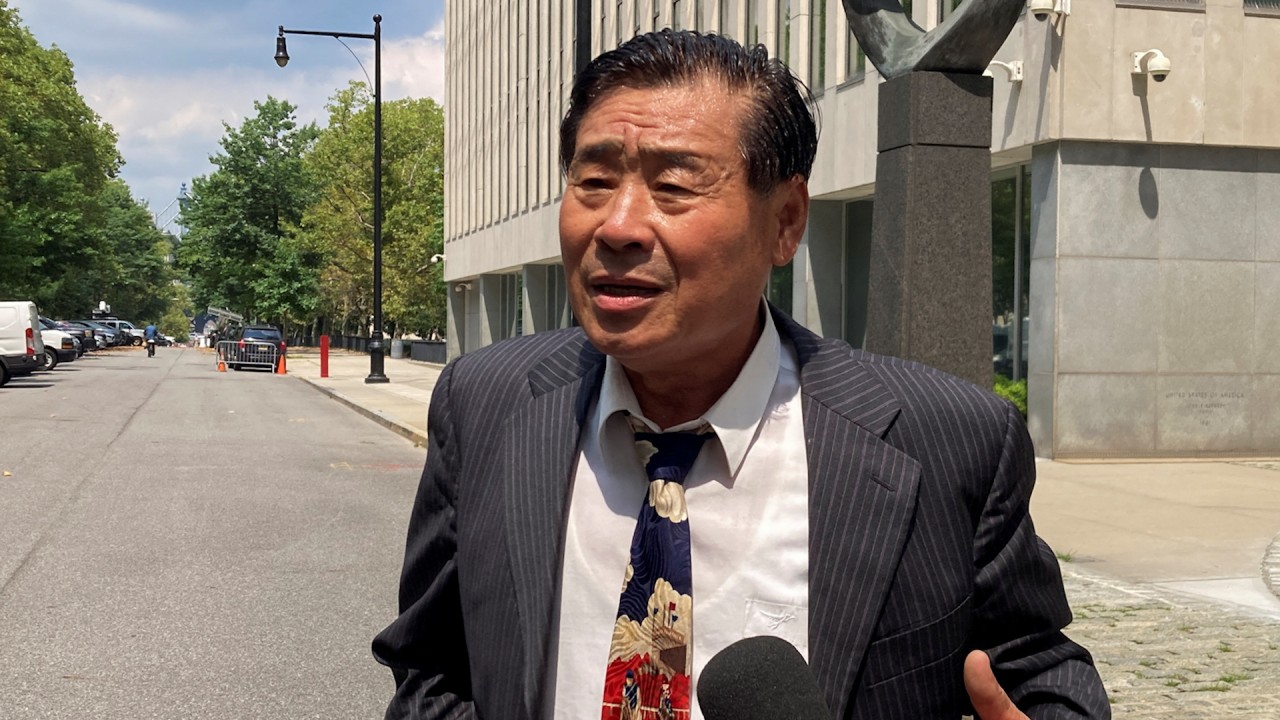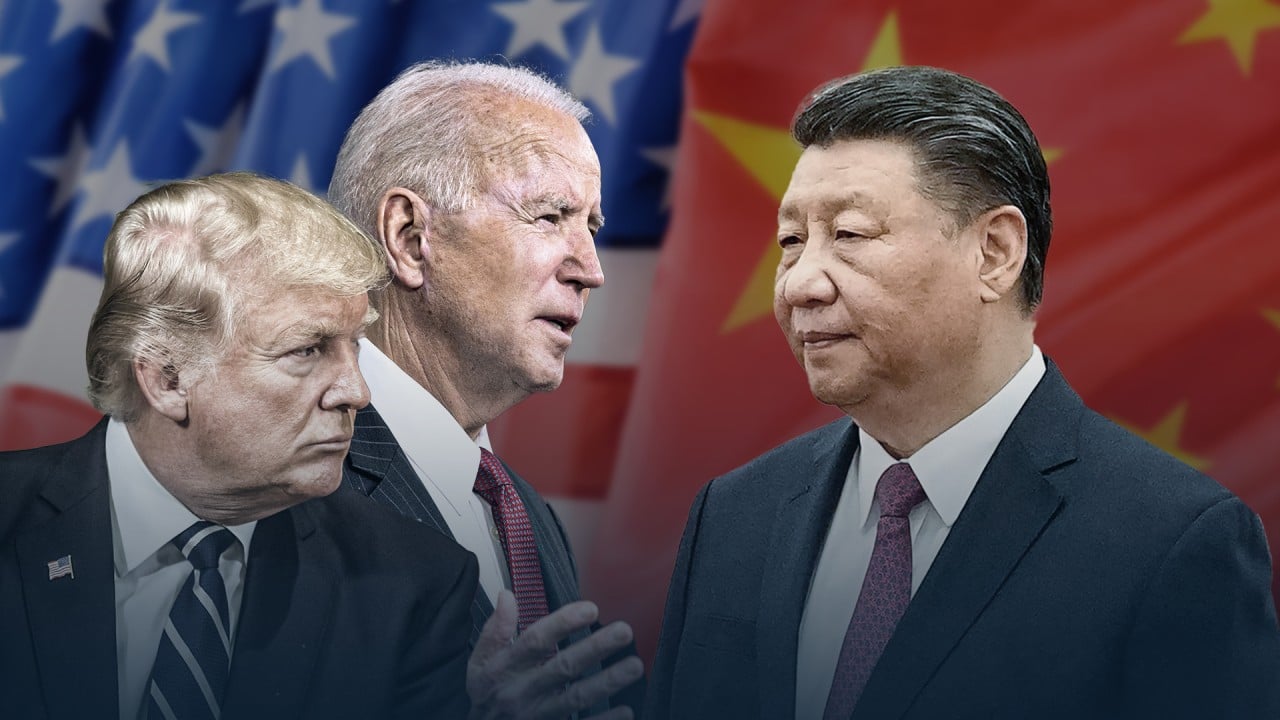I am not saying this would not have been technically possible, but common sense tells me that if Chinese spooks wanted to track down gays in the military, they have easier ways, like signing up to any one of dozens of other non-Chinese-owned dating sites.
As William Reinsch at the Centre for Strategic and International Studies, a Washington think tank, wrote: “It is not clear, at least to me, for what nefarious purposes the Chinese could use the data, which is essentially the same as Facebook, LinkedIn and other apps gather.”
Americans are exposed to media bias all the time, he pointed out: “All involve the purveyance of lies over truth. Whether they are Chinese lies, Russian lies or American lies is not critical.”
The angst should primarily be over the lies, not that they might come from China.
The proliferation of threats to national security is making the concept increasingly meaningless. “If everything is defined as national security, nothing is a national security priority,” said Drezner.
He also complains about cynical misuse of the term by “policy entrepreneurs” who “want the administration, members of Congress, and other shapers of US foreign policy to label their issue a national security priority, in the hope of gaining more attention and resources”.
The US needs to “rightsize” its national security concept, he said, which would not only reduce budget stress but also make the real, grave and most imminent threats much more visible.
Most challenging of all, however, is that the angst over national security is deeply embedded in a psychology of fear. In his book, America the Fearful, Benjamin Radford writes about the powerful role of fear in clouding perceptions in the US. Tracking the phantom fears amplified by social media, Radford calls on Americans to sort out legitimate threats from amplified exaggerations.
In The Psychology of a Superpower, Christopher Fettweis examines the exceptionalism at the heart of US foreign policy and suggests it fosters an American need to control everything from trade to conflict. He dismisses much of American worrying as unrealistic and frivolous, and links increasing power with an increasing paranoia associated with losing power.
There is a deep paradox here that cuts to the heart of America’s obsession with national security. First, and despite widespread US views that it is surrounded by grave and imminent threats, international polls regularly describe the US as among the greatest threats to world peace, even democracy.
Yes, national security is a serious matter. But, as Reinsch concluded: “Instead of acting out of fear, we should be acting out of strength.”
David Dodwell is CEO of the trade policy and international relations consultancy Strategic Access, focused on developments and challenges facing the Asia-Pacific over the past four decades




